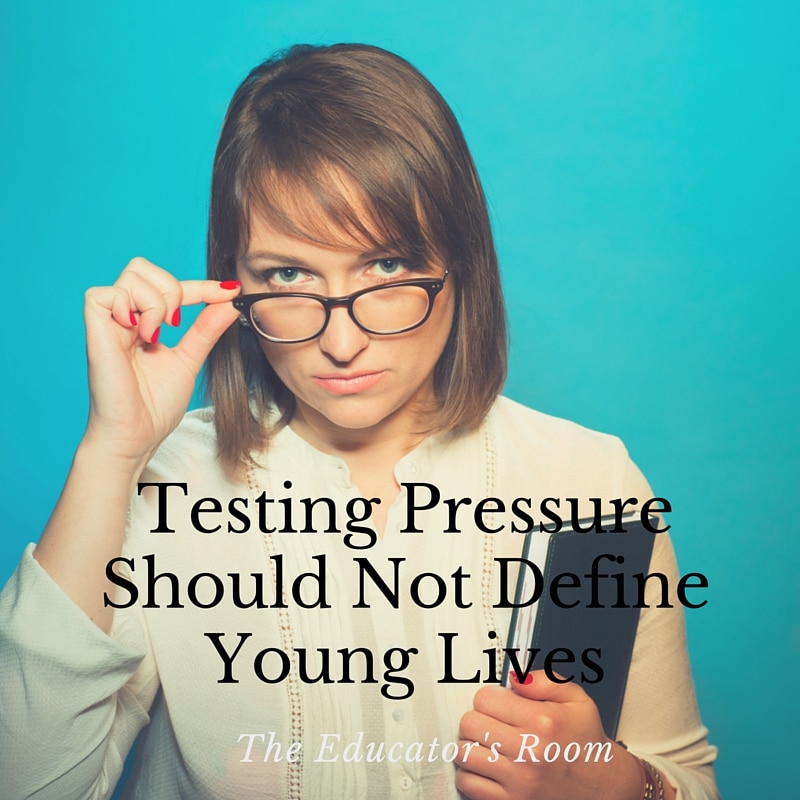[fusion_builder_container hundred_percent=”yes” overflow=”visible”][fusion_builder_row][fusion_builder_column type=”1_1″ background_position=”left top” background_color=”” border_size=”” border_color=”” border_style=”solid” spacing=”yes” background_image=”” background_repeat=”no-repeat” padding=”” margin_top=”0px” margin_bottom=”0px” class=”” id=”” animation_type=”” animation_speed=”0.3″ animation_direction=”left” hide_on_mobile=”no” center_content=”no” min_height=”none”]
Consider this test question given to children in September of their Second Grade year in Chicago Public Schools two years ago:
A boy has to read a book that is 162 pages long. On Monday, he read 47 pages. On Tuesday, he read 36 pages. On Wednesday, he read 39 pages. How many more pages does he need to read to finish the book? If he has to finish reading the book on Friday, make a plan for him to complete the book.
To get a “4,” the top score for this question, the child taking the exam had to solve how many more pages needed to be read. That was 2 points. He then had to identify the unit, pages, for another point. The final point was the mathematical equation for the plan to complete reading the book.
Students don’t learn to do double-digit addition or subtraction until the second marking period of second grade. One student, however, came up with the correct number of pages to be read: 40. He didn’t qualify that it was pages, so, he lost a point. He had a plan to finish the book: “Turn off the TV. Put away the game boy. Sit down and focus. It’s not that much to read!” He only got 2 points on the problem, but I thought he should have earned a bonus point for his brilliant answer.
On November 7, 2013, the Chicago Teachers Union announced a new program titled “Just Let Us Teach.” President Karen Lewis cited the pressure of testing on children, the large number of tests being taken each year, and the large amount of money being spent on test prep and test consultants by a school system in serious financial difficulties. Lewis encouraged parents to opt out of non-mandatory testing.
As a teacher, I applaud the union’s move. My children are now adults, but if this had been an option I would have opted out. In Chicago, third grade is called a “Benchmark Year.” This means if you don’t pass the test at the assigned grade level amount then you fail. This has been true since 1996, before NCLB and Arne Duncan’s tenure as CEO of Chicago Public Schools. I remember the date specifically because my daughter was in third grade that year.
My daughter was a bright and energetic eight year old. She was a great athlete and sang solos in the school talent show. What she couldn’t do was read. Her older brother was a gifted student who read Jurassic Park when he was in third grade, and then wanted to discuss cloning at the dinner table. My daughter still struggled through Frog and Toad. We’d done everything we knew to do. Our house was filled with books, she was read to every night, and she had been tutored after school and during the summer. In the beginning of third grade, we discovered she had a focusing problem with her eyes. After six weeks of therapy, her reading took off but she was still far behind her classmates because she had missed fundamental that are taught in first and second grade. The threat of failing third grade put pressure on all of us, her parents and teacher, but especially her. She passed by receiving the minimum score possible.
Perhaps due to the tension at that point, she never tested well. She nearly failed eighth grade because of her test score. By then, CPS had allowed teachers to appeal a student’s score and she was able to start high school in the fall. In those days, there were two standardized tests. Now there are easily a dozen. I can’t even imagine what this would have done to her emotionally. She saw herself as a poor student and not very smart.
I think about her every time there is a new test assigned. I look at my second graders, who are beginning to panic about third grade tests a year before they take them. In fact, the student mentioned above worked himself into a panic attack about the math part of the third grade test one spring day in second grade. This was the only child in second grade to solve the math problem and he was hyperventilating over a test he would breeze through nearly a year later.
I believe standards, common core or otherwise, are fine. The chronic pressure of testing, however, which is only made worse by teachers’ evaluations being tied to them, is hurting our children. If we reward ingenuity and creativity in the workplace, then why are destroying it in the classroom by teaching how to score the best possible way?
You should know that my daughter is a now college graduate who reads voraciously. She finally discovered what I always knew. She is not only energetic and beautiful, she’s smart, too. She just needed to take her time and find her own passion for reading. No test could have done that for her.[/fusion_builder_column][/fusion_builder_row][/fusion_builder_container]



